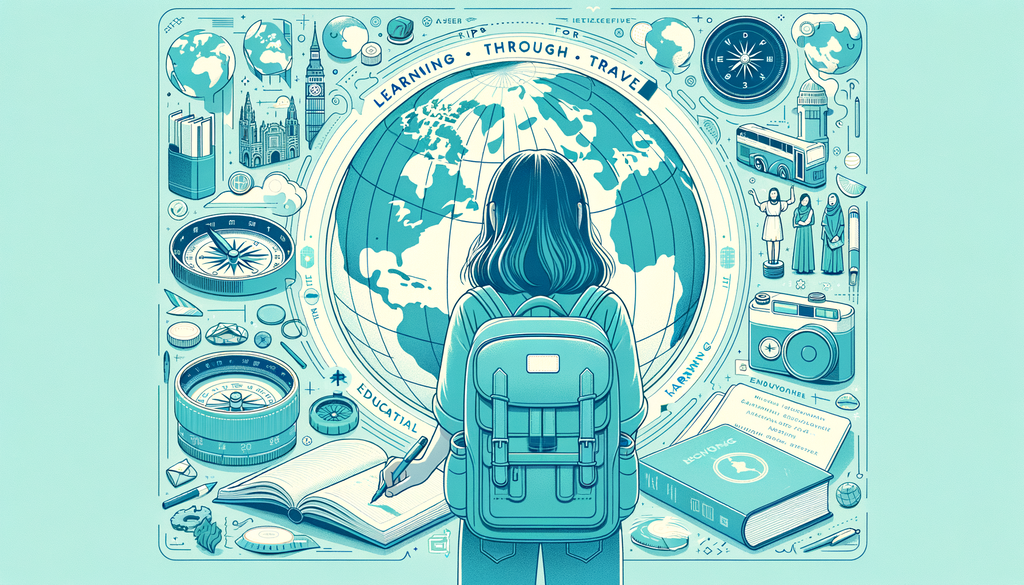Learning Through Travel: Educational Trips for Hands-On Experience

As parents and caregivers of children with special needs or those who are gifted, finding practical ways to extend learning beyond the classroom can be challenging. However, travel can serve as an invaluable tool in creating wholesome, hands-on learning experiences.
Unearthing History
Firstly, trips to historical monuments, museums, or archeological sites introduce history in a tangible way, encouraging children’s curiosity about the past. For instance, visiting the Smithsonian museums in Washington, D.C., offers a fascinating deep-dive into art, history, and science that textbook explanations may not always convey. You can also use postcards or photo books to revisit what was learned during the trip later.
Implementing Science in Nature
Hands-on learning experiences are just a trip away. A visit to a local zoo, aquarium, or botanical garden gives children the opportunity to interact with and understand animals, plants, and ecosystems better. These experiences also encourage ecological awareness and stewardship from a young age. You can elevate this experience by providing them with a nature journal to sketch or write about their discoveries.
Understanding Cultures Differently
Traveling to places with distinct cultures fosters cultural sensitivities and promotes global awareness. It enhances language skills, culinary knowledge, and understanding of cultural customs in children. It’s a wonderful complement to social studies and language curriculums, making the learning process more vibrant.
Encouraging Creative Expression
Equally important, trips to art galleries, music festivals, or theaters provide an enriching exposure to various art forms and inspire aesthetic appreciation, creativity, and expression. It’s specially beneficial for gifted learners, providing them with an outlet for their creative abilities. Consider enrolling them in art programs to further nurture their artistic talents, following our earlier discussion on “Creating Artistic Spaces for Gifted Young Artists”.
Planning the Trip
While planning your trip, it’s essential to consider the unique needs and interests of your child. For instance, if your child thrives on structured routines, create a detailed itinerary to minimize anxiety related to unpredictability. If your child has sensory sensitivities, carry items like noise-cancelling headphones for noisy environments or pack comfortable clothes suitable for the weather. “Autism and Family Life: Navigating Daily Routines” offers more practical advice on this.
Reinforcing What’s Learned
After your travel, consolidated learning activities can reinforce what was explored. Sketching, picture talks, journaling, or even a presentation to siblings or classmates can help assimilate and retain this information better. Gradually, children will begin to build associations and connections, fueling their curiosity and drive to learn more.
Wrapping Up
Far above the enjoyment and relaxation that travel brings, it’s a versatile educational tool benefiting students in myriad ways. It facilitates context-based learning which is contemporary, relevant, and interactive.
Undoubtedly, exploring the world through travel paves the way for a joyful and dynamic learning journey for all children, whatever their abilities may be.